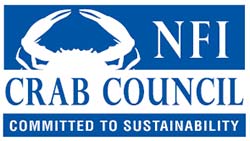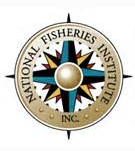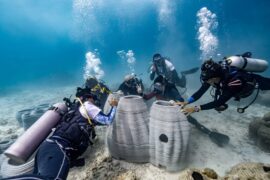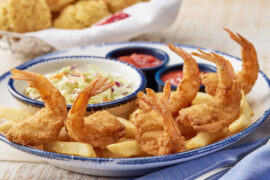The McLean, Virginia, USA-headquartered National Fisheries Institute’s (NFI) Crab Council has named Abdul Ghofar, Ph.D. as its crab sustainability envoy. Working in Indonesian fisheries for over 30 years, he has advised, taught and published on all aspects of the blue swimming crab supply chain and stands well-positioned to coordinate the Crab Council’s projects in Southeast Asia.
An advanced degree holder in Marine-Fisheries Biology from the University of Wales, Dr. Ghofar possess the academic background necessary to assess fishery improvement plans (FIPs) and the work experience to generate management progress. On projects with USAID, NOAA, FAO, the World Bank and the Asian Development Bank, he has made a career of applying science-based sustainability models into real-world practice.
 “The NFI Crab Council has become the focal point for crab sustainability,” said Ghofar. “I am excited to join an industry-led initiative with a clear sustainability commitment and the funding and dedication to affect immediate and lasting improvements. As the Crab Council’s sustainability envoy, I will bridge importer with supplier to help realize their shared sustainability goals.”
“The NFI Crab Council has become the focal point for crab sustainability,” said Ghofar. “I am excited to join an industry-led initiative with a clear sustainability commitment and the funding and dedication to affect immediate and lasting improvements. As the Crab Council’s sustainability envoy, I will bridge importer with supplier to help realize their shared sustainability goals.”
The NFI Crab Council’s crab sustainability envoy, formerly known as the Asia liaison, is a position funded through a grant with the Walton Family Foundation. Based in Southeast Asia, the envoy plays a critical role in tracking and enacting FIP benchmarks within the Crab Council sponsored fisheries of Indonesia, the Philippines, Sri Lanka, Thailand and Vietnam. As a native of Indonesia and having extensive travel experience in Southeast Asia, Ghofar has a distinct set of communication skills that translate across the many stakeholder groups of the blue swimming crab region.
For the broad outlook that Ghofar brings to the envoy role, Crab Council Executive Director Ed Rhodes views his employment as a decisive moment for the sustainability group.
“Dr. Ghofar is a standout in fishery improvement,” said Rhodes. “The wide-range of his works and their specific successes demonstrate a change agent whose future actions will benefit the Crab Council and the whole blue swimming crab sustainability movement.”





